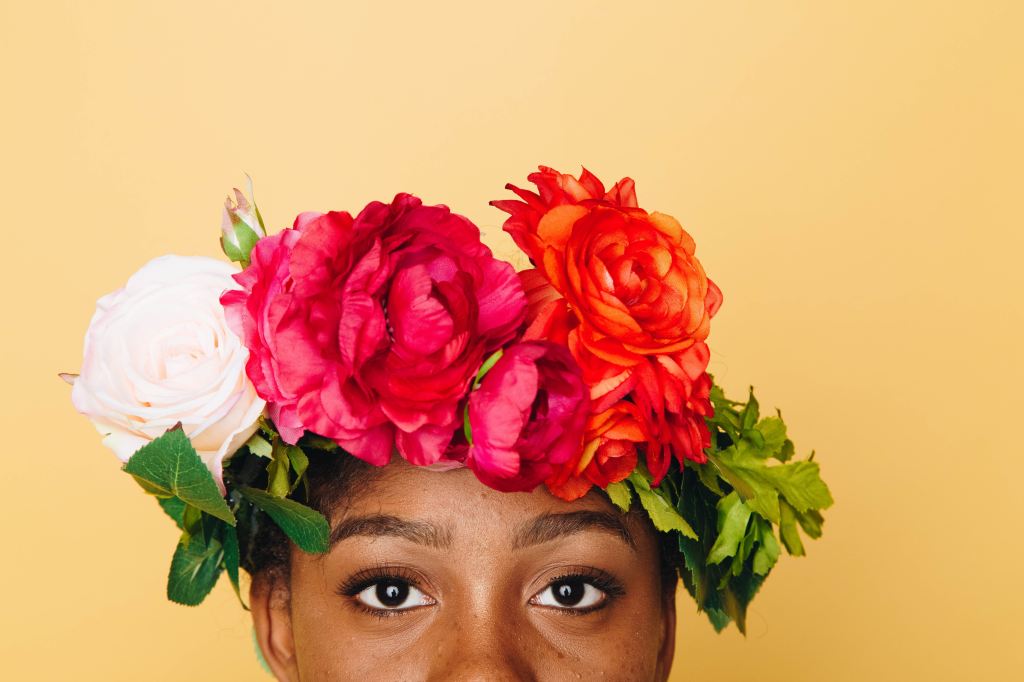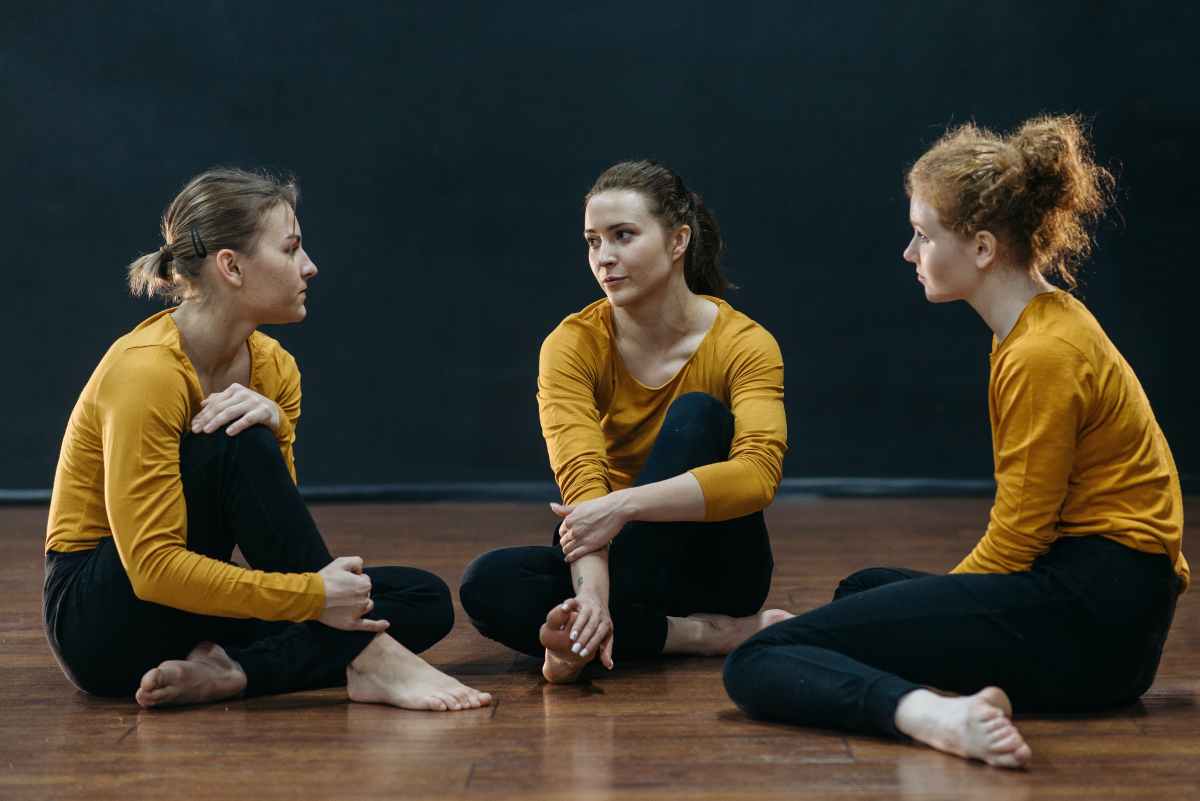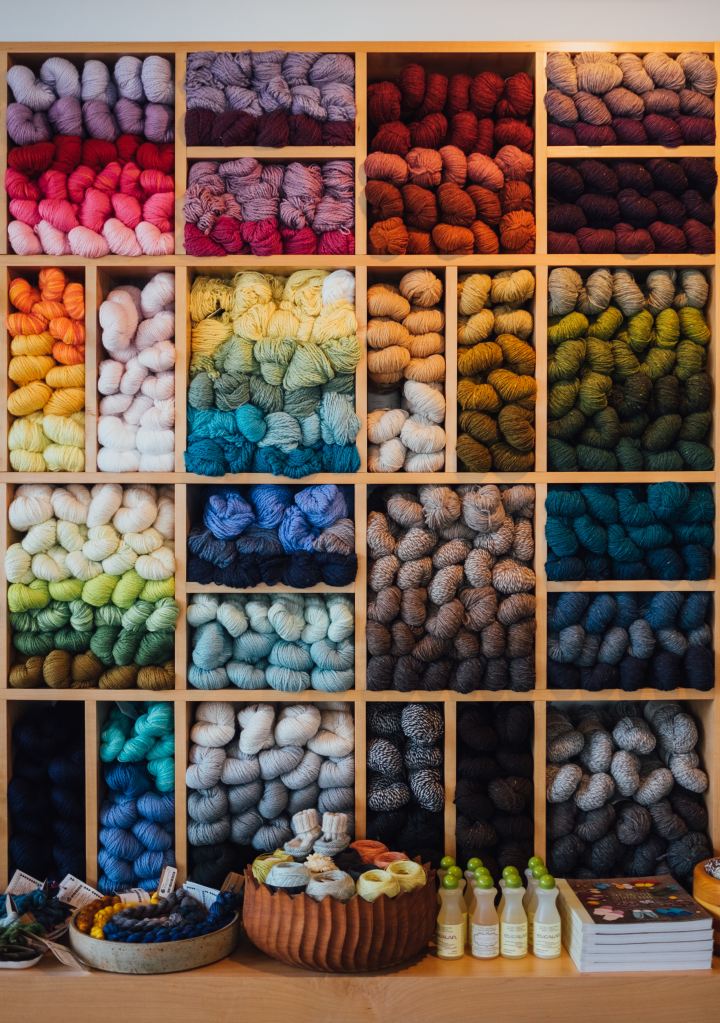Over the course of a year at ArtsHub, we’re lucky enough to talk to hundreds – maybe thousands – of people and organisations who work within Australia’s creative sectors. Whatever the news, we’re always interested in what they have to say about making art, making a living and building careers that contribute to a healthier, more diverse and exciting culture.
There’s good advice embedded in most of our articles, but we’ve gleaned some distilled wisdom from a selection of our most popular career articles. Here are the lessons we’re taking into the new year.
Top 10 career lessons from 2023
1. We need to talk about money in the arts
We need to have better and more transparent conversations about money. From the government’s new Fair Work Act banishing pay secrecy, to conversations that challenge the myth of the starving artist, this year we saw a real shift in the mood around expecting artists, writers and educators to work for little or no money, or for “exposure’” There’s been a real acknowledgement that having open conversations about how we manage money is the only way to a richer arts ecology.
Creativity and practicality can go hand in hand. One of our most popular articles was 29 things you should not forget to claim at tax time and this one, from a few years ago, is still popular: 9 tips for selling your art online.
2. Ask the right questions at your performance review
Part of the shift around performance reviews has been the move towards a two-way process, rather than just being a report card on employees. Such annual conversations can be fruitful and productive instead of just scary. Having the right lingo and phrasing helps with confidence, and readers loved the 10 best performance review questions to ask your manager. These include questions like:
- Is my work output meeting your expectations?
- What areas of improvement do you see as a priority for me?
- What do you consider are my strengths in the team, and are they grounds for career advancement – or maybe a pay raise?
- What is our organisation’s biggest challenge, and how do you see my current role fitting into that?
Read: What Ireland’s basic income pilot could mean for others
3. Mental health matters – and it’s not just a personal issue
This year, we learned to think about mental health as both a personal and systemic issue. Mindfulness and medication can do wonders, but just as important are healthy, transparent workplaces, housing security and access to affordable healthcare.
Aimee Mann from the Hey Mate Project wrote a great piece for us on mental health for creative people: five tips to thrive, while Marisa Georgiou of the Amplify Collective wrote about how burnout is not a mental health issue, it’s a labour issue. Hopefully we’re getting better at talking about mental health problems without stigma and with solutions that don’t put all the emphasis back on the sufferer to fix themselves.

4. Find a mentor – and pay it forward
The subtle and alchemic process of mentoring was on the agenda this year. When we talk to successful people about their trajectory there are always a few individual teachers and mentors who made all the difference.
We looked at how to find a mentor – and make the most of it when you do, asking experts from across the arts for advice. Some of the quick takeaways were:
- Be open to mentoring from a variety of different people and programs – not just the big-name experts in your field.
- If you want a mentor, be brave and ask. Respect time boundaries and gracefully accept a “no” or a “not now”.
- Do your research and know what gaps and absences you may be trying to address.
- Listen, both as a mentor and mentee. Talking too much is a common problem.
- Be prepared to work hard. A mentor isn’t going to do the work for you and a mentoring program will probably require you to do extra work.
- Build a “brains trust” of experts and colleagues who are not officially mentors, but people you can reach out to for specific reasons.
- Pay it forward. Be prepared to mentor and champion others when you’ve been the recipient of professional development.
5. Learn how to work with neurodiversity – your own and that of others
2023 was a year when many of us learned that our brains work differently and need particular conditions to learn, develop and thrive. While neurodivergence can give rise to extraordinary creativity and originality – great for artists! – it can also cause struggles with certain environments, social interactions and time management. An understanding of our own neurodivergence, for example ADHD or autism, allows us to advocate for our own needs, to be self-compassionate and find productive ways of working that don’t make us feel like we’re constantly swimming against the tide.
Read our tips and considerations for best practices around neurodiverse collaborations or find out more about creatives with ADHD and how a coach can help. ADHD creative coach, Briony Kidd gave us tips like:
- Research what works for you and accept that your creative process may not look like other people’s.
- Take steps to address time blindness – alarms, reminders, notes.
- Set mini deadlines rather than one big deadline, and find accountability partners, whether it’s a buddy or a coach.
- Find your tribe and create collectives or writers’ groups to encourage, inspire and provide small doses of accountability and deadlines.
- Consider working within some kind of collective or co-working structure, for example, with a shared admin person.
- Be aware of your rejection sensitivities around “networking” and “selling yourself”, and find connections and collaborations with peers instead.
6. Show up – and craft a compelling story about what you do
Showing up and representing our own achievements is a career lesson many of us need to keep learning, especially if we’re shy and scared of criticism. The art of authentic (and non-cringeworthy) self-promotion is all about sharing what you’ve got to offer, and adding value to the conversations in your field.
Don’t make it hard for people to find you! We learned how to write a good artist bio and artist statement, and looked into the secrets of great artist bio photos. As part of ArtsHub‘s webinar series we looked at using social media to promote your creative business, and for those of us struggling with being online all the time, we learned how to find our sweet spot with social media using the strategies of mindfulness, including “beginner’s mind” and “letting go”. We learned that inner peace and audience development need not be at odds.
7. Your mistakes help to make you what you are
This lesson is perennial: the risks we take and moves we make don’t always pay off, but often what looks like a disaster turns out to be an essential lesson or turning point. We learned how to deal with creative rejection – from crying, to waiting, learning and reconnecting with our inner tribe of supporters and colleagues.
Artist Tracy Emin’s five pieces of wisdom included this: ‘When you’re young, you’re experimenting and you’re making loads and loads of mistakes. What makes you the artist that you are, are the mistakes.’
8. Going to uni or art school is a personal choice not a necessity
There are many educational pathways to get to where you want to go, and endless ways of learning and building networks and community. With rising university fees, and the crippling cost of living, 2023 was a good time to look beyond a single model of education. We learned to think outside the box and reconsider short courses and other ways to upskill or micro-credential.
As artist Wendy Teakel said (quoted in our article seven lessons from intergenerational artists): ‘I know quite a few young people who are doing some very smart things, like online courses, learning off YouTube, knocking on artists’ doors. I have had people knock on my door and go, “Hey, can you tell me how to do this?” and that’s a delight to share your knowledge with somebody else.’
9. You can change your career
Nothing is set in stone. Whether you’re moving sideways in an organisation, changing specialities mid-career, or going back to art school after early retirement, it’s never too late to try something new. Disturbingly, at the end of last year we reported that more than half of Australia’s independent performing arts practitioners were considering a career change. Such difficulties in the arts perhaps explain why our readers loved jobs to consider for a career change – from clown doctor to audiobook producer or disability arts centre manager.
10. Knit – or find a creative hobby that feeds your soul
One of the big lessons we learned in 2023 is that life is short and unpredictable. Careers and jobs can disappear or transform rapidly – hello AI! It’s never been more important to look beyond work for fulfilment. This can involve finding a creative outlet that calms the mind, feeds the soul and fulfils the human need to make and express. Is it good art? Will it sell? Who cares, if we enjoy doing it and it increases happiness and well-being? One of our most-read articles this year happened to be about local knitters finding a solution for restless hands. Make no mistake, your brain wants you knitting, painting, sculpting, singing, making wearable art or taking photographs in your spare time. Perhaps the biggest career lesson this year was that art-making is for everyone.






